Is it only just over a week since Augar landed? Given the volume of commentary, it feels much longer. We are quite good as a sector at criticism and finding the potential problems and risks in things. As a HEPI blog says: “Last week’s Augar report divided opinion. At HEPI, we were at the more positive end of the spectrum, not least because the report addressed, in a serious way, pretty much all the points we had said it should. We were, and remain, determined not to fall down the biggest rabbit hole that has to be avoided when commenting sensibly on public policy: being unceasingly negative and refusing to recognise serious attempts to address genuine problems.”
Last week we stuck to the facts looking at the full set of recommendations and the content of the report, this week we look more at opinions in a report that may well not be implemented in full, but is unlikely to disappear completely.
One thing that everyone can agree on is that the implications of Augar are ominous for the Arts and Humanities – the (historian) Minister for Universities gave a speech on Thursday which we discuss below, with some reflections on what Augar could mean for Arts and Humanities subjects in universities. This update was getting so big, we have written about that in a separate blog here.
Augar – what next?
On Tuesday the Secretary of State of Education, Damien Hinds, made a statement on the Government’s review of post-18 education and its funding – the first review since the Robbins report in 1963 to look at the totality of post-18 education. Hinds said the Government will carefully consider the independent panel’s recommendations before finalising any spending review announcements.
- A lot of the attention will be on what this report says about higher education, but the majority of students in post-18 education are not at university. The report identifies the importance of both further and higher education in creating a system that unlocks everyone’s talents. As the Prime Minister said last week, further education and technical colleges are not just places of learning; they are vital engines of both social mobility and economic prosperity. Colleges play an essential part in delivering the modern industrial strategy and equipping young people with knowledge and skills for the jobs of today and tomorrow. We are conscious of the need for reskilling and upskilling at a time when we are all more likely to have multiple careers during our working lives.
- …Our higher education system transforms lives and is a great contributor to both our industrial success and the cultural life of the nation. It can open up a whole world of opportunities and broaden horizons. Whatever decisions we make about how best to take forward the recommendations in the report, it is vital that we support these institutions to continue to offer world-leading higher education to students in future.
Hinds went on to highlight the general importance of education to society, listing current government policy geared toward improving education. He said that is it right that contributions to the cost of higher education are shared between the taxpayer and the student. The Minister added that although 18-year-olds from disadvantaged backgrounds are now 52 per cent more likely to go to university than 10 years ago, progress is still required in levelling the playing field in higher education.
In keeping with the continued pressure for Government to improve social mobility Hinds said: The panel’s proposals on support for disadvantaged groups are an important contribution to the debate in this area. I very much welcome the focus that the panel has placed on making sure that all higher education is of high quality and delivers well for both students and the taxpayer. There are very high-quality courses across the full range of subjects—from creative arts to medicine—but there are also courses where students are less well served. I have also spoken in recent months of bad practices not in the student interest, such as artificial grade inflation and so-called conditional unconditional offers.
On implementation: The panel’s recommendations on student finance are detailed and interrelated, and cannot be considered each in isolation. We will need to look carefully at each recommendation in turn and in the round to reach a view on what will best support students and the institutions they study at, and what will ensure value for taxpayers. In considering these recommendations, we will also have regard to students currently in the system or about to enter it to ensure that any changes are fair to current and new cohorts of students. I am sure the House will recognise that this comprehensive report, with detailed analysis and no fewer than 53 recommendations, gives the Government a lot to consider. We will continue to engage with stakeholders on the findings and recommendations in the panel report, and we will conclude the review at the spending review.
The shadow secretary of state for education, Angela Rayner, responded, arguing the Conservatives have previously made terrible decisions regarding education. She intimated her belief that any adoption of recommendations will be deferred until the spending review, or the appointment of a new chancellor.
- “Augar is the epitaph for Theresa May’s government…slow, wrong-headed, indecisive and, above all, failing in its central objective, to help level up Britain. As it stands, the Government have now wasted two years on a review to reach the blindingly obvious conclusion that, as the Prime Minister now admits, abolishing maintenance grants was a huge mistake.
- Decisions need to be made on funding. The outgoing Prime Minister promised that austerity is over, but there is every danger it will continue in tertiary education. Presumably, the Secretary of State accepts that a cash freeze in funding for universities means a real-terms cut. Is the tokenistic fee cut pushed by the Prime Minister not the worst of both worlds, as institutions will have their hands tied on funding while students will still be graduating with tens of thousands of pounds of debt?”
She pushed the Secretary of State to assure the House that maintenance grants will be restored and that the cash-freeze for university’s will not have an equality impact burden – and that an assessment of this would be produced. She concluded that any shortcomings in the Augar review are a product of the limitations the Government has set on them.
The Secretary of State responded:
- The hon. Lady asked me to commit to not playing off further education and higher education. I give her that absolute commitment. That principle is at the heart of the independent panel’s report: both routes of higher learning are essential for widening social mobility, for letting young people fulfil their full potential, and indeed for enabling our economy and our society to fulfil theirs.
- We should not lose sight of the fact that we have a successful system in place, particularly for the financing of higher education. The hon. Lady and her Front-Bench colleagues constantly complain about it, but since the 2012 reforms, resource per student has increased dramatically, the living costs support available to disadvantaged students has risen to its highest ever level, more young people are going to university than ever before, and more young people from disadvantaged backgrounds are going to university than ever before.
The Chair of the Select Committee on Education, Robert Halfon, raised the necessity of degree apprenticeships to ensure individuals from disadvantaged backgrounds gain the necessary skills to gain skilled employment. I welcome much of the report, particularly its strong emphasis on further education and technical education. Our Education Committee report talked about value for money in higher education and universities, focusing on skills, employability and social justice. Does my right hon. Friend not agree that the real engine of those three things is using funds to boost and put more emphasis on degree apprenticeships? They help people from disadvantaged backgrounds to gain the skills they need, they help us to meet our skills needs and they ensure that people are employed in properly skilled jobs.
Jo Johnson: The Augar review does not mention the teaching excellence framework. What use does the Secretary of State think the TEF will have in assessing which courses offer value for money for students and the general taxpayer? [Readers will remember that differential fees based on TEF outcome were thrown out of the HERA by the Lords.]. Hinds: The TEF is a very important reform and is part of the framework from HERA—the Higher Education and Research Act 2017—and the OFS that enables a much more holistic view of quality in higher education. It remains a central part of that architecture.
Carol Monaghan, the SNP Spokesperson for Education questioned whether the Government will make up any funding shortfall associated with a reduction in fees. Hinds responded that education equality in England is better than that of Scotland and all recommendations will be considered carefully.
Several non-Conservative MPs echoed Rayner’s arguments, questioning when grants would be reinstated or whether the Government will fund the shortfall in funding for disadvantaged students.
Thangham Debbonaire (Lab, Bristol West) raised a necessity for free or low-cost high-quality childcare to ensure more women can develop their potential within further education to ultimately close the gender pay gap. Hinds side stepped a direct response.
Dr Roberta Blackman-Woods: “…we want to hear a guarantee from the Minister that those resources will not come from higher education. We also want a guarantee that if tuition fees are reduced, any shortfall of money going to universities will be made up by teaching grant from the Government not just for science, technology, engineering and maths subjects, but for arts and humanities subjects, because they are also very important for our economy. If these proposals will eventually see their way into legislation—it is not clear to any of us how that would happen—is the Minister going to consult the sector widely so that he does not destabilise it further? We need those guarantees so that universities have certainty if they are to compete globally.”
Hinds: “The hon. Lady will shortly meet the universities Minister in her all-party group on universities and will have an opportunity to discuss some of these things further. She mentioned teaching grants. The Augar report recommends precisely that—that there should be top-ups, although not exactly the same for all subjects. Few people realise the extent of the teaching grant. It is £1.3 billion, with some 40%—two in five—of courses attracting some sort of teaching grant. What the report talks about is how we balance that correctly properly to reflect not only value but cost to serve, as I said to my hon. Friend the Member for Harborough (Neil O’Brien).” [So no guarantee then, despite his earlier commitment to “not playing off further education and higher education”.
Later in response to questions he also says: We must not allow different parts of our education system to be pitted against each other, and I can give him an absolute commitment not to do so. In fact, as he will know through his work, there is already a great deal of cross-over between what higher education institutions do and what further education institutions do, but they are both incredibly important parts of the overall system.
Barry Sheerman (Huddersfield) (Lab/Co-op): As I learned from the 10 years I chaired the Select Committee, we make most progress in higher education when we find a cross-party consensus, as anyone who looks at the Robbins report or subsequent reports, such as the Dearing report, will know. There is some good stuff in this report. ….let us build a cross-party consensus. I love the part about a new fund for lifelong learning. Tony Blair introduced one in 1997. It failed, but everybody knew we should bring it back to secure the future of further and higher education. So I say well done in part, but if the Secretary of State could keep a higher education Minister for more than a few months we would do a lot better.
Hinds: The hon. Gentleman was right about more than one thing—let us say several. He spoke of the local importance of universities not only to the cultural life of our towns and cities but to, for instance, local economies, business development, innovation, and research and development. He was absolutely right about that, but he was also right to speak of the importance of securing a degree of consensus about these matters. The last two major reports, the Browne and Dearing reports, straddled a change of Government. I hope that that will not happen on this occasion, but I think it right for us to have an opportunity, between now and the conclusion of the spending review, to engage in a good discussion with, among others, representatives of the sector and politicians on both sides of the House and elsewhere, because I think that such discussions help policy making to evolve.
Augar was mentioned in Wed’s Prime Minister’s Questions – Richard Graham (Conservative) made the case that the Government’s review into post-18 education should be “essential reading” for Treasury ministers before the Spending Review. He said that more funding for further education would be “very welcome”. Lidington concurred that further education plays a vital role in equipping young people with skills, but also providing a path towards higher education. He added that the Augar Review “provides a blueprint of how we can make sure that everybody can follow the path that is right for them” and its conclusions should be studied carefully before the Spending Review.
Augar – the critique
Wonkhe have centralised all their analysis and blogs on the Post-18 review and Augar – find it all here. Including this ‘lessons learned’ blog from crossbench peer Professor Dame Julie King (who was part of the previous Browne review) and says Augar is ‘damaging’ and that it does not propose fundamental transformation.
One concern has been the impact on social mobility. The Sutton Trust response is here:
- The Augar Review’s headline proposal to reduce tuition fees to £7,500, alongside the reintroduction of maintenance grants, means that the overall student “debt” figure looks a little less eye watering. But the review also proposes lowering the repayment threshold from £25,000 to £23,000 (based on 2018 figures) and to extend the lifetime repayment period to 40 years from the current 30 years, all at interest rates which at present are around 6 percent. This means that lower and middle earners (like teachers and social workers) will end up paying more than they did before and for longer – and the wealthiest, who can fall back on support from parent or grandparents, can pay the fees upfront, or over a shorter period, and thus contribute far less overall.
- This is why the Sutton Trust has always argued for means tested fees – so the poorest student are asked to pay less than the wealthiest- and we are disappointed that the Post-18 Review did not adopt this as a policy. It seems to us fundamentally unfair that, whatever the repayment mechanism, the son or daughter of a cleaner is asked to pay the same as the son or daughter of a stock broker.
Lizzy Woodfield, Policy Advisor at Aston University, wrote for Wonkhe on WP: “Government should undoubtedly run with reintroducing maintenance grants, but not so hastily that it overlooks commuter students. The continued freeze in per student funding risks further squeezing universities’ ability to maintain high quality student services, like careers and placements and additional learning support, which support retention, success and good graduate outcomes. Doing away with foundation years would be very ill-advised and would set widening participation back.”
In an article for Wonkhe on 4th June 2019 , David Willets, the former Minister for Universities and Science, points out:
- “The period covered by the LEO data is the ten years since the financial crash. Our research at Resolution Foundation has shown that this post-crash decade has been particularly bad for salaries, and even more so for the pay of young people. The real hourly pay of young people aged 18-29 fell by 9% in the four years after the crash – an unprecedented fall followed by a modest recovery. Unemployment was less bad than in previous recessions but – again – one group which did suffer increased unemployment was young people with lowest educational qualifications. Their unemployment rate increased from 68% to 56% after the crash whereas for graduates it only fell from 91% to 88%. It looks as if graduates traded down to less well-paid jobs, displacing the less qualified.
- The LEO data excludes unemployed people so the only effect they show is on pay. You would not get any sense from the review that the British economy has just been through its deepest post-war recession – with big effects covering exactly the same period as the LEO data. By contrast that same decade did not see a significant increase in the number of graduates – indeed the rate of increase of people with higher education qualifications slowed down. So it is dangerous to interpret LEO data as telling us much about higher education when it may be telling us more about the post crash labour market.”
There is also a geographical effect. This has been raised by many in the sector before and I understand that there is some work looking at this in the context of the TEF (which is using median earnings as supplemental data in the subject level TEF pilot). The Office for National Statistics latest report on geographic mobility and young people (2012-2016) shows the change in average earnings growth for young people by local authority (see Figure 6). We wrote about some of these issues in our policy update on 6th July 2018
Augar – what does it mean for the Arts and Humanities
In an interesting choice of headlines, the headline on gov.uk is “Science Minister hails the importance of humanities to society”. Of course his full title is Minister of State for Universities, Science and Innovation (and currently also Interim Minister of Stage for Energy and Clean Growth. Like his predecessor , Chris Skidmore has also taken several titles upon himself – Sam Gyimah was famously “minister for students” and Chris Skidmore has called himself “minster for the 2.4% [investment in R&D]” and “minister for EdTEch”. But most importantly, he adopted the title “Minister for the Arts and Humanities”. So what did this former academic and historian say on this vital topic at the meeting of the Arts and Humanities Research Council? The full speech is here.
So with all that in mind, we took a look at the implications of Augar for the Arts and Humanities. One narrative around the Augar Review is that it has embraced, and even validated the popular narrative about “mickey mouse degrees” and universities filling low cost, high volume courses, putting “bums on seats” to subsidise other activities, doing a disservice to “overqualified graduates” who are “saddled with debt” that they can never repay. This shocking state of affairs means that the government subsidy to higher education, in the form of direct funding and underwriting for the student loan system, in which 83% of students will not repay their loans in full, is misdirected and therefore the taxpayer is receiving poor value for money. And, the argument goes, it is not only the taxpayer who is being ripped off, but students are too. They are being tricked into taking courses that will not lead to better paid jobs but will instead leave them with student loans that will hold them back even further. These are the students who should be doing technical training, apprenticeships. They should be plumbers and bricklayers. They have been told that they will achieve social mobility through education, and it isn’t true. These narratives were not born with the Review of Post-18 Education and Funding in February 2018. They became sharper once the tuition fee cap was increased to £9000 and were heightened when Labour adopted a policy of abolishing fees. Jo Johnson raised them when launching the Green Paper in November 2015 that led to the Teaching Excellence Framework and the Higher Education and Research Act 2017. In just one example, many of the arguments were rehearsed by Jo Johnson as Universities Minister in a speech in February 2017. It all boils down to value for money.
But there is a terrific confusion here, as highlighted by the Minister earlier on. The talk in Augar is all about value for money subject level. But when people (including previous Universities Ministers (both Sam Gyimah and Jo Johnson) and the current Education Minister) talk about this, they talk not about the value of whole subjects, but of individual courses at individual universities. And so they talk about quality. But they don’t really mean quality either, because they talk about entry tariffs and outcomes and start talking about bums on seats. Which is the big give away. What they really mean is that they believe that there are too many students going to universities to do courses which are not aligned with the government’s priorities. This is about the government wanting to choose not to invest in subjects that they believe do not add value to the economy. Which is why Augar, which is all about money, has kept in the threat of a 3D threshold and/or a cap on student numbers (for some courses at some universities).
You can read more in our separate blog on this here.
Student Mental Health
The OfS have published details of the 10 winners of their Challenge Competition (investing £14.5 million) which aimed to achieve a step change in mental health outcomes for students.
The OfS new story says:
- The proportion of full-time UK undergraduate students reporting mental health concerns when they enter higher education has more than doubled over the last five years.
- Over 87% of students said they struggle with feelings of anxiety, and 1 in 3 experienced a serious psychological issue which required professional help.
- OfS data shows that full-time students with a declared mental health condition are more likely to drop out, and less likely to achieve a first or 2:1 degree or secure good jobs after graduation.
This week they have released a news story focussing on Northumbria University which aims to reduce student suicide through utilising analytics and mining data (such as social media). Of course the scheme has to be data compliant and students have to opt in. Northumbria state that only 1 in 3 suicide deaths are known to mental health services. In response the researchers have developed an Early Alert Tool identifying students in crisis to sport early warning signs and to target intervention. (A little more information on the data triggers is here.) Northumbria’s project has been picked up by the Telegraph.
Projects in other Universities cover:
- Transition from school to university – addressing the first year additional vulnerability something mentioned by the Minister in his recent speeches]
- Mental health needs specific to international students [another thing mentioned by the Minister recently]
- Advancing HE / NHS partnership working to improve support
- Embedding mental health within a community approach, holistically incorporating police, local authorities and the NHS.
- Developing a module for the PGCertHE to ensure that new academics, nationally, have the knowledge and skills to support mental health and learning through their teaching.
- Creation of a ‘hub’ of qualified therapists and volunteers with mental health experience who will provide brief therapeutic interventions for students in comfortable, open-plan safe-spaces without the need for appointments or waiting lists.
- Curriculum-based ‘mind management’ skills training (separate UG and PG courses) which use evidence-based approaches for improving emotion regulation and for managing common issues in student life (e.g. anxiety, stress, social isolation, managing expectations, imposter syndrome).
Nicola Dandridge, OfS Chief Exec, said:
- Whenever I talk to students, improving mental health support is consistently raised as a priority. Universities and colleges are responding to the problem, but in too many cases students are having their experience of higher education blighted by mental ill-health. For many of these students, there is much more that we can do. Taking preventative action to promote good mental health is critical, as is taking a whole institution approach and involving students in developing solutions. In addition, the earlier we can identify issues developing, the more effectively we can give the vital support that is needed.
- We know that many complex factors impact on students’ mental health and wellbeing, so addressing mental ill health is always going to be challenging. But universities and colleges are uniquely placed to rise to that challenge: through the expertise of their staff, insights from their own students, and their ability to bring groups and other organisations together to tackle complex problems in partnership.
The Independent covers the launch of the projects.
Tory leadership contest
From Dods:
- Speaker of the Commons, John Bercow has dismissed the idea that Parliament could be prorogued in order to force through a no-deal Brexit. The idea that Parliament could be dissolved by a new Prime Minister, so that MPs could not take any legislative steps to block no-deal, was touted by ERG members and gained attention when leadership contender Dominic Raab repeatedly refused to rule out pursuing it. The Speaker yesterday, however, told MPs that it was “simply not going to happen.”
- 10 have confirmed that the Commons will be sitting when the new Prime Minister is appointed at the end of July, amid concerns that Parliament could have entered summer recess before this happens which would mean that the new PM could avoid a potential no confidence vote.
- Theresa May will resign as Conservative Party leader today, but will remain on as Prime Minister until her successor is appointed in late July.
- Boris Johnson will launch a judicial review today to challenge the private prosecution against him for the alleged offence of misconduct in public office.
Sarah enjoyed this Spectator article on the Tory leadership contest.
- Parties don’t get rid of their leaders unless things are going very badly. But this Tory crisis is different in scale and size to anything we have seen in recent decades. The question is not whether the Tories can win the next election, but whether they can survive.
- The dire state that the Tories are in hasn’t put anyone off running to be leader, however. We suddenly have the most crowded field we have ever seen in a leadership race. Whoever wins will become prime minister without having to go through a general election. It’s quite a prize. Given the unpredictability of Tory contests and the frontrunners’ ability to destroy each other, everyone thinks they have a chance.
It divides the candidates into two categories: the ‘full-blooded Brexiteer’ and ‘compromising cabinet members’. Then it explains the four challenges the Conservative leadership will need to deliver on:
The Tory party is attempting to answer four different questions in this contest.
- The first is who can best get Britain out of the EU. This will require not just an ability to find a way to extract concessions from a recalcitrant EU, but also an understanding of how to get Britain’s departure through parliament.
- Secondly, the Tories are trying to work out who is best placed to take on Jeremy Corbyn and Nigel Farage. Given the parliamentary numbers, the next election is likely to come sooner than 2022 and so the Tories need someone who can fight on two fronts simultaneously.
- The next question is who can come up with a new domestic agenda. The failure of Theresa May’s attempt to reinvent the Tories as a Christian Democrat party has resulted in a vacuum where Tory domestic policy should be.
- Finally, the Tories must ask themselves who could best do the job of being prime minister.
The problem for the party is no one candidate is the best answer to all four questions. The Tories will have to make trade-offs to decide which qualities they regard as the most important.
Apart from their views on Brexit, the candidates are trying to differentiate themselves on other policies too. We pick out a few of both here but of course there is much more. Two dropped out this week – James Cleverly and Kit Malthouse. Nominations (which now require 8 MPs rather than 2) open and close on Monday. The BBC list is here. The Express have their take here Politics.co.uk have a detailed analysis of their policies on Brexit. And the (Boris Johnson banking) Guido Fawkes shows the state of support amongst Tory MPs .
- Matt Hancock has pledged to re-implement a form of student nurse bursary if he succeeds as PM. Huff post reports: he said that he would offer new cash support for mature student nurses, and those specialising in mental health and community work, in a bid to fill staff shortages. However, he is clear it is about nursing dearth areas: ensure…in the areas of shortage we have that sort of targeted support that’s needed – so not across the full nursing training spectrum. He continues: There’s a question of how you make sure the money we’ve got goes as far as possible. There’s an overall shortage of nursing. It isn’t as big as the headline vacancy figures suggest. But there are acute shortages, especially in some specific areas like mental health nurses, and community nursing. And: I want to make sure that the approach we take is to support and incentivise people into those areas where we’ve got shortages. He also intends to tackle big business care providers for whom profit is a key objective.
- Michael Gove has said that if it “finally comes to a decision between no deal and no Brexit, I will choose no deal”. However, he would be willing to delay Brexit beyond the 31st October if a deal was in sight, stating it wouldn’t be right to ‘flounce’ out of the EU for a delay of mere weeks. Gove said that the deadline of 31 October was “arbitrary” and he was “not wedded” to it. That any delay would only be sought if a deal or breakthrough was on the horizon. This sets him against the other front runners, Boris Johnson and Dominic Raab, who have said that the UK will leave the 31 October under any circumstances.
- Dominic Raab has repeatedly refused to rule out proroguing (discontinue) Parliament days before 31 October, which would in theory prevent Parliament from blocking a no-deal and see the UK crash out at midnight on the 31st. This move would be completely unprecedented, and arguably unconstitutional. Sky News, Lewis Goodall has said such a move would be “a hand grenade into our constitution” and leadership contender Rory Stewart has said “it would be illegal…it would be unconstitutional and it would be undemocratic.”
- Sajid Javid has said he supports Jo Johnson’s amendment to the draft immigration legislation to change post-study visas to encourage international students. He is, after all, Home Secretary, and since his appointment has been less than enthusiastic about TM’s “hostile environment”, dealing with the fallout from the Windrush scandal amongst other things. The FT article says: “Mr Javid has already announced plans to axe the net migration target — which has never been met — if he becomes the next Conservative leader and is now also supporting the move to let students stay for longer after they finish at university. Mr Johnson has forced the pace on the issue, tabling an amendment to the government’s immigration bill — designed to implement a post-Brexit visa regime — which would take students out of the net migration target. …In 2012 Britain cut the time that students can work after graduating from two years to just four months, although the government this year recognised that the new regime was causing problems and agreed to raise the limit to six months.”
- Rory Stewart says his competitors’ claims they could negotiate a new Brexit deal before 31 October are “misleading” and there is “not a hope” a new deal can by deadline.
- Behind its paywall, the Telegraph reports that Boris Johnson plans to spend at least £5000 on every secondary school pupil to “level up” Britain’s education system.
Cost of housing hinders employment prospects
The Resolution Foundation has published: Moving Matters – Housing costs and labour market mobility. The briefing doesn’t focus on the HE sector but that are some interesting findings that could be transferable.
Nationally changing areas to move for new employment and housing purposes has fallen. Unexpectedly the rate has particularly dropped within the younger age groups. The report notes this is surprising because young people are more likely to be graduates, non-UK born and private renters than in the past, changes that should have increased rather than decreased moves made for work.
Why?
- Because moving area isn’t essential to get a job – “the variation between the employment rates observed across local authorities has reduced over time” – so it is possible for young people to obtain some form of employment relatively locally. This is not ideal for graduate outcome statistics as earnings are expected to be lower, the job likely to be less specialised or relevant to the degree. It becomes a compromise option – once that can be difficult to recover from financially in their future career (see this Policy Update page 6 – impact of recession on graduates) .
- Moving isn’t as lucrative as it once was – “the ‘pull’ of more buoyant areas has fallen apace.. the difference in the average ‘wage premium’ achieved as a result of such a move has fallen since the turn of the century.”
- High housing costs negate the wage premium – “private rents have risen consistently faster in higher-paying areas of England. Rents have risen by almost 90% in the highest-paying 30% of local authorities over the past 20 years, compared to just over 70% among the 30% lowest paying places. As a result, not only has the earnings boost of moving to a more productive area diminished as a result of closing wage differentials; so, too, has the broader living standards uplift once housing costs are taken into account. So for the young graduate quality of housing and lifestyle may well go down as the quality high cost rents are prohibitive.
The report notes that job + housing mobility rate have fallen over time and the number of relocations moving to lower housing cost areas (47%) has increased 6% in the last 15 years. It also highlights a rise in commuting time – which costs the individual both in time and money.
- With the evidence showing that efficiently matching with job opportunities is especially important for young people at the beginning of their working lives, the intergenerational implications of this briefing note are clear. While two of the reasons we identify that potentially explain the fall in job-plus-residence moves can be viewed as positive, our findings about the way that rising housing costs are determining the behaviour of younger renters in particular is a real cause for concern.
- ..the evidence is clear that the real boosts to earnings are achieved by moving jobs. Critically, taking a new post in a different firm has a larger pay uplift than simply being promoted within the same organisation, and moving to denser, more productive areas comes with an even bigger pay premium. We know that job mobility is especially important at the start of one’s working life, when progression depends on testing out new roles and developing new skills. Moreover, an agile workforce is generally viewed as good not just for the individuals concerned, but also for the economy as workers ‘match’ more efficiently with business requirements.
You can read the detail of the full report here.
Spending Review
With Teresa May stepping down as PM and the Tory leadership race galloping along the Spending Review will be delayed and likely to be finalised between autumn and Christmas 2019. Liz Truss MP (Chief Secretary to the Treasury) was questioned by the Lords on the Spending Review this week. this is very important to the Augar review, as the government response will be timed to come out with it.
Here are the most interesting snippets:
- Truss confirmed the Spending Review preparatory work had ‘already began’ with the Treasury having ‘written to departments asking for initial capital bids, human capital submissions and reform proposals’.
- Lord Turnbull (Crossbench) asked whether the spending review was likely to prioritise ongoing austerity measures and the reduction of the deficit, or whether spending might be increased or taxes increased. Truss replied that the priorities were likely to continue to be reducing the national debt and maintaining fiscal discipline. However, the main priority was economic growth, and therefore spending and tax reforms would be directed towards that goal.
- Lord Layard asked for the Treasury’s response to the Augar Review. Truss responded that FE needed reform and that there had been ‘problems with funding’. The Augar Review would be considered within the Spending Review, she said, though given the amount of public subsidy to universities, which was higher than in other areas, better value for money was crucial. She went on to state that she supported the notion of students contributing towards their own education and was not in favour of capping student places.
- In response the Chair (Lord Forsyth of Drumlean, Conservative) voiced concerns that universities and university placements were being judged too narrowly on their value pertaining to economic productivity and not enough on whether they produced good quality of life.
Consultations
Click here to view the updated inquiries and consultation tracker. Email us on policy@bournemouth.ac.uk if you’d like to contribute to any of the current consultations.
Other news
Degree Apprenticeships: The Augar Review, the Higher Education Commission, and budget concerns have all cast doubt on the effectiveness of degree apprenticeships during 2019. Concerns that it is not attracting the sections of the population who could benefit most from social mobility, that existing courses are being rebranded as degree apprenticeships to attract funding and are not truly in the spirit of the alternative route to higher qualification, that higher level provision is counter productively squeezing out lower level apprenticeship starts, that rurality and access remains an issue, and crucially that a high proportion of degree apprenticeship starts are not within areas that will help deliver the Government’s industrial strategy have all come to a head. This Wonkhe blog Post Augar, what will it take to reform degree apprenticeships? takes a gallop through the issues.
Gender employment gap: The BBC report on research which finds gender as the main factor in employment seniority, regardless of whether the female had children or not.
Soft power: It was good to hear Chris Skidmore publically acknowledge the importance of soft power through educating international students in answering a question on tuition grants for students living in Africa: Scholarships are a key part of the UK’s soft power, creating lasting positive relations with future leaders, influencers and decision-makers around the world. Many scholars funded by the UK go on to take up senior leadership positions in their home countries, and the strong bond they have formed with the UK enhances our direct and indirect influence abroad. This enhances our diplomatic work, our efforts in promoting increased trade and investment and supports our national security through increased goodwill and cooperation.
School absence policy debate: While it’s not strictly HE related the parents and carers among our readers might like to be aware of a Westminster Hall debate on school absences during term time. Here is the quick summary. Don’t go booking that term time holiday yet though!
HERA: The House of Lords approved a motion making ‘Uncontroversial’ amendments to the Higher Education and Research Act (HERA) relating to the registration and exemption status of some HE providers. You can read a summary here. As you will see some parliamentarians seized on the opportunity to ask what effects the Augar Review would have on matters under discussion.
FE: Parliament have published The Further Education Loans and the Education (Student Support) (Amendment) Regulations 2019. There has been a new regulation inserted which allows the Secretary of State to cancel all or part of a (FE) fee loan in certain circumstances.
TEF: Chris Skidmore answered two parliamentary questions on the TEF. He said the independent TEF review lead by Dame Shirley Pearce is expected to report in summer 2019. Also that the second pilot year of subject level TEF is drawing to a close and the OfS will shortly publish the findings. Skidmore confirms Government will await Dame Shirley’s recommendations, and take account of the evidence from the subject-level TEF pilot, before making a decision on the next phase of the TEF.
Sustainability: Transport Minister, Michael Ellis, has announced the new EU-wide fuel labelling system rolling out from this week which identifies how much of the fuel the drivers are using comes from renewable sources. Here is the news story which simply explains the change, and here is the campaign link.
Subscribe!
To subscribe to the weekly policy update simply email policy@bournemouth.ac.uk
JANE FORSTER | SARAH CARTER
Policy Advisor Policy & Public Affairs Officer
Follow: @PolicyBU on Twitter | policy@bournemouth.ac.uk

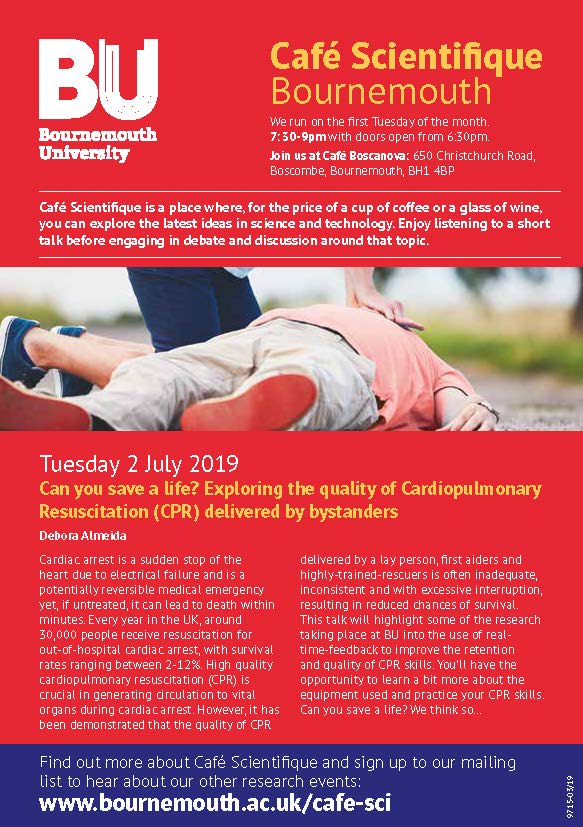

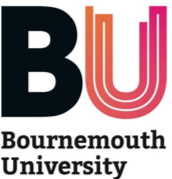




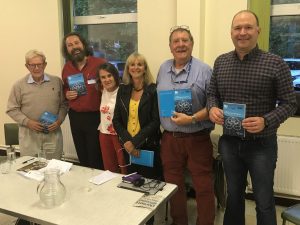
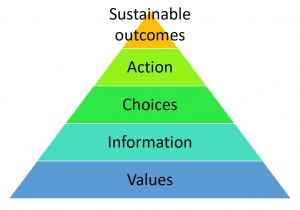
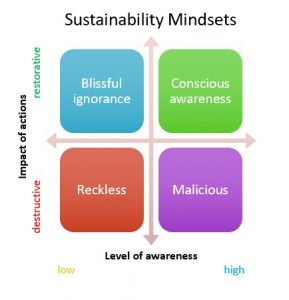

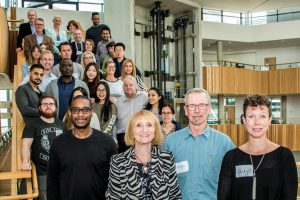
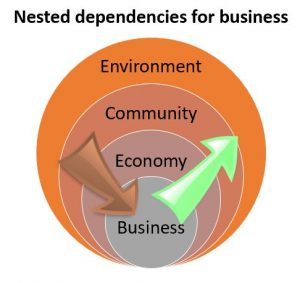
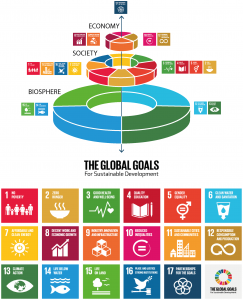



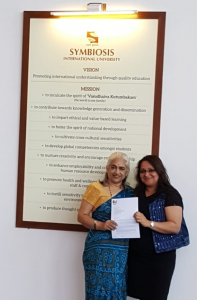

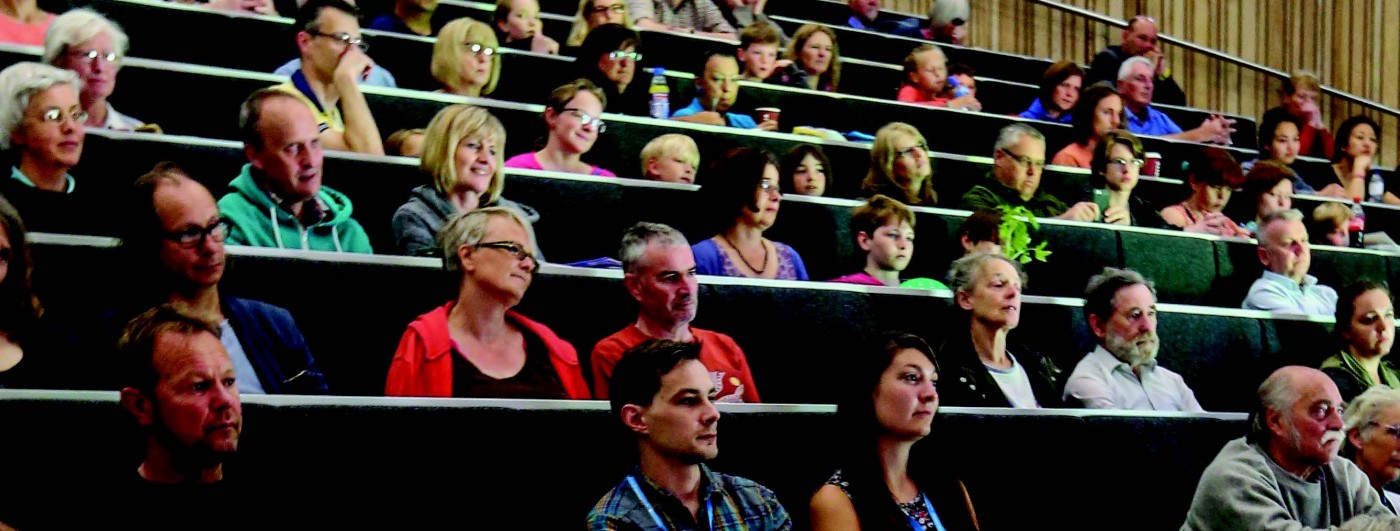
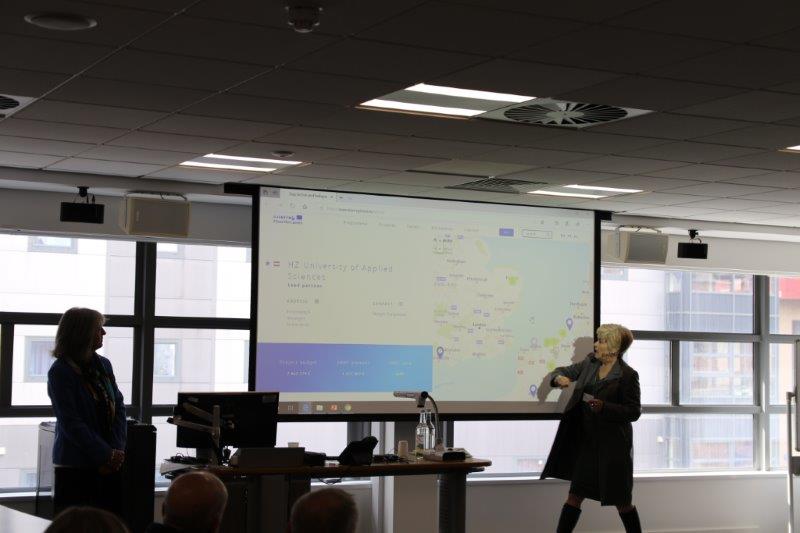 The SAIL research team are working with local authorities, businesses, charities and older people to learn from experiences and to try out different strategies and is comprised of team members from the Netherlands, Belgium, France and the UK.
The SAIL research team are working with local authorities, businesses, charities and older people to learn from experiences and to try out different strategies and is comprised of team members from the Netherlands, Belgium, France and the UK.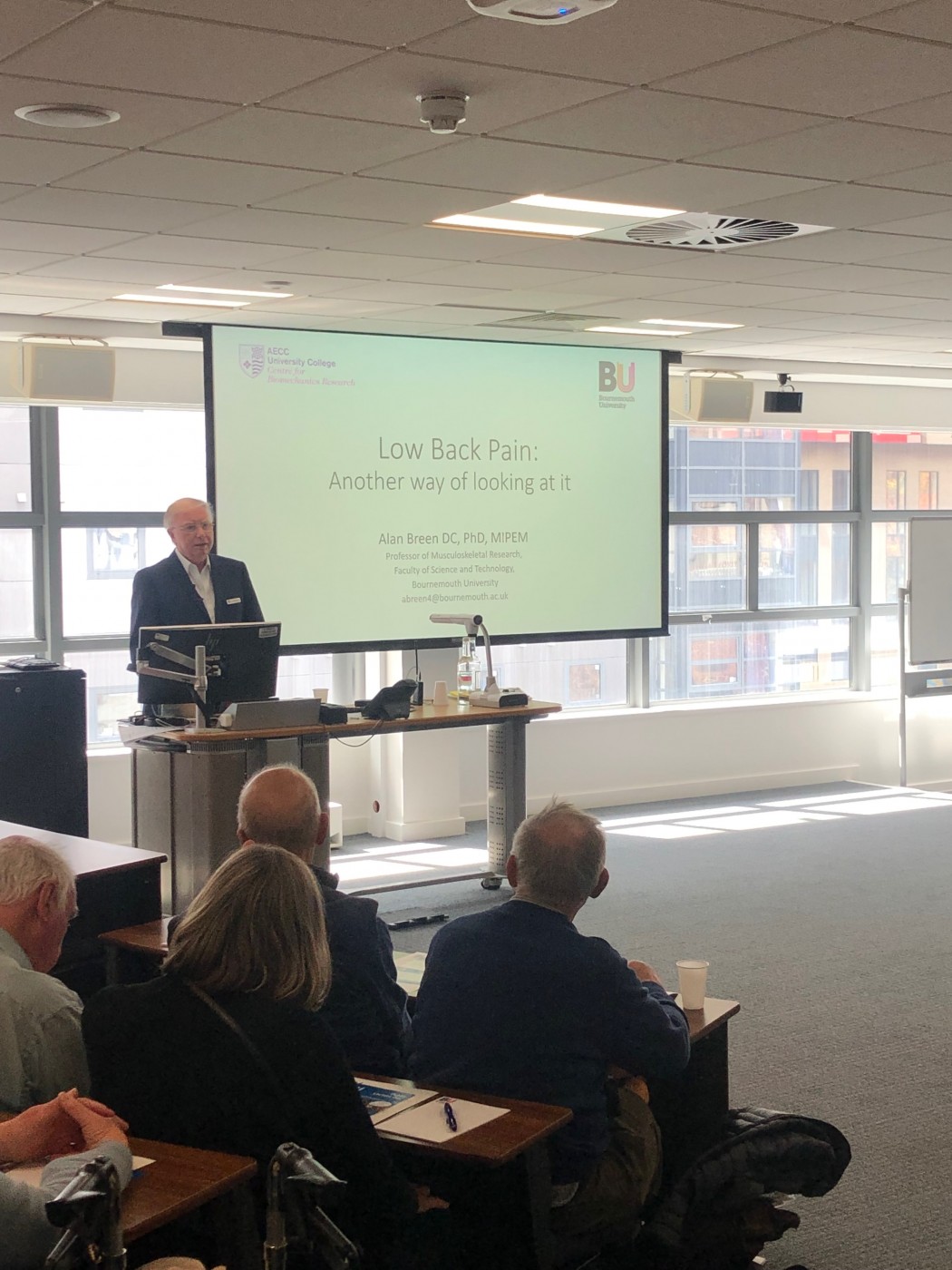
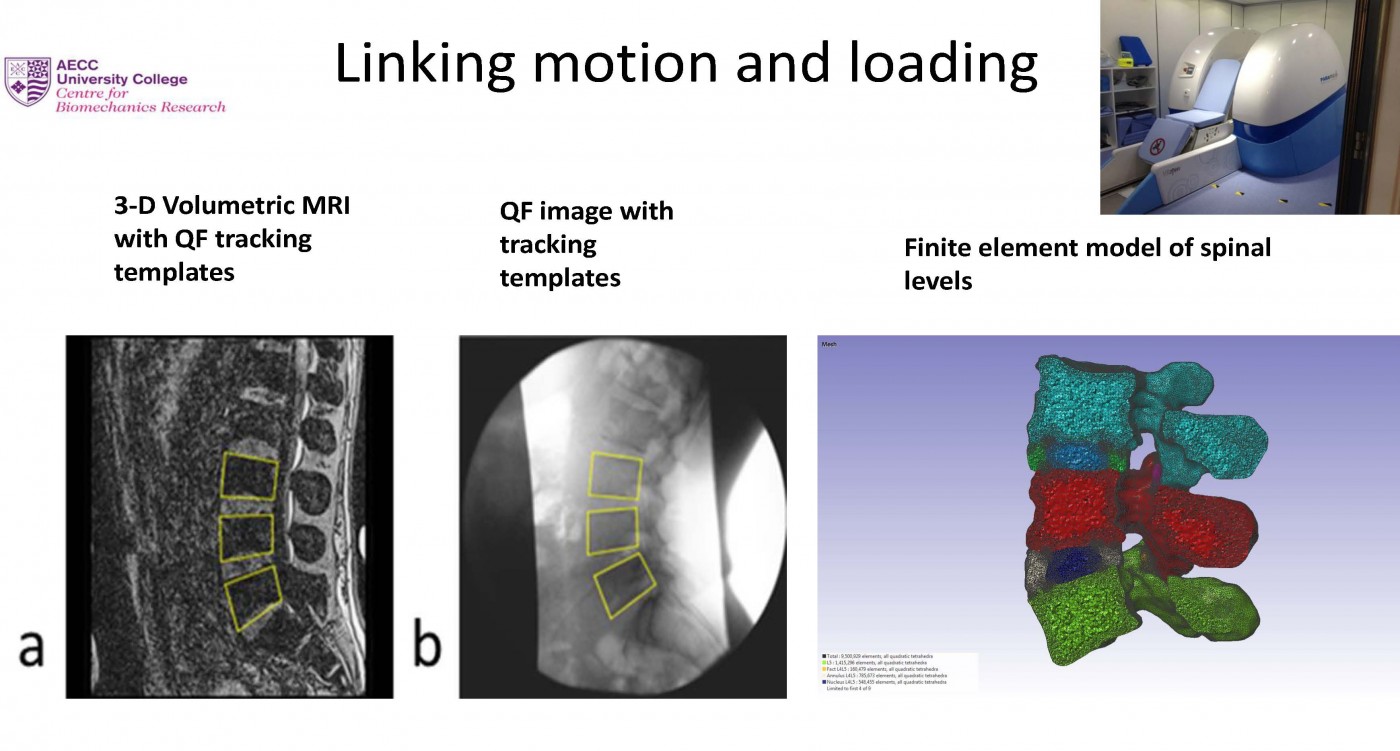 The Hyksos Enigma: Researching the 15th Dynasty of Ancient Egypt
The Hyksos Enigma: Researching the 15th Dynasty of Ancient Egypt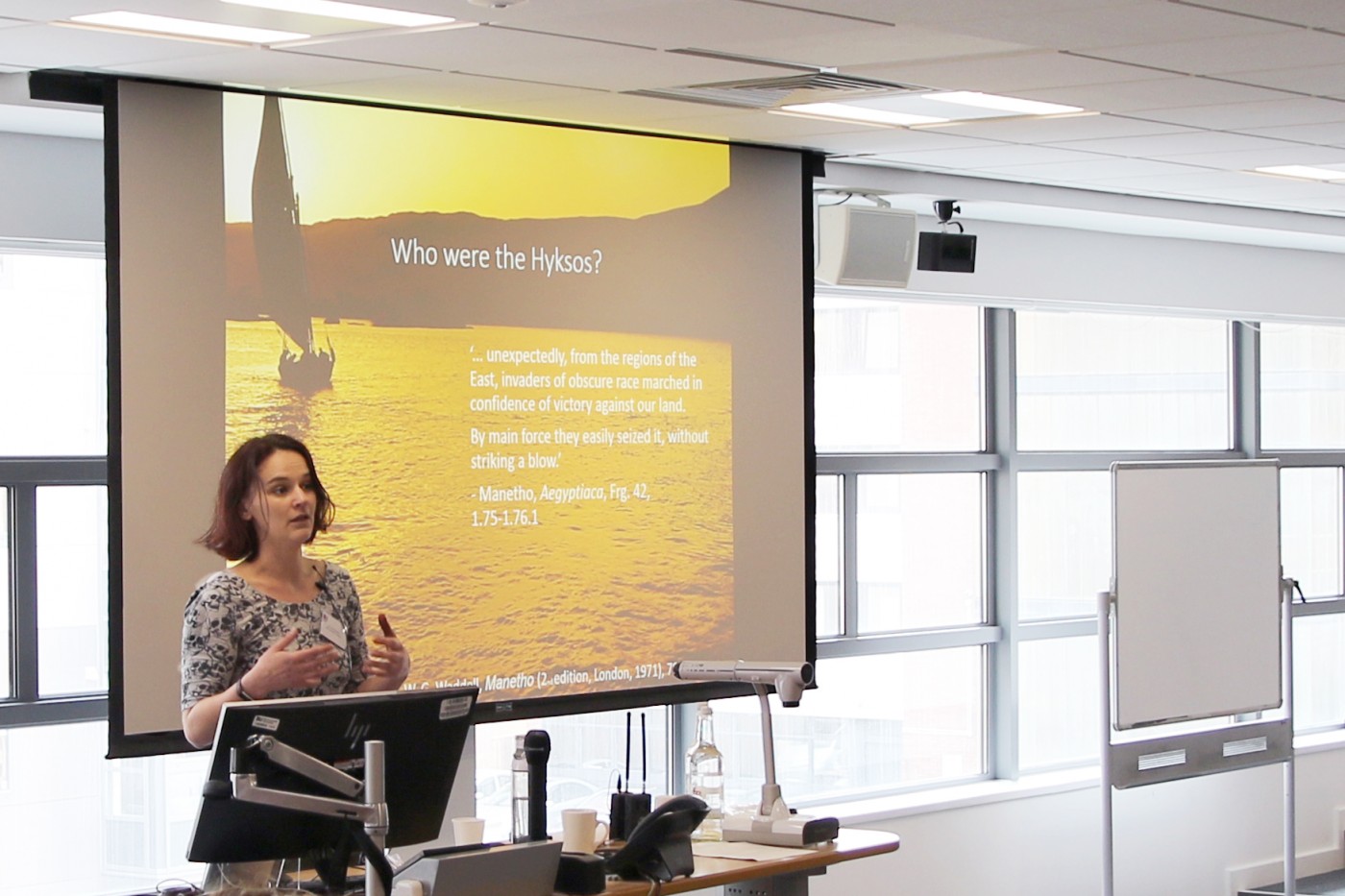
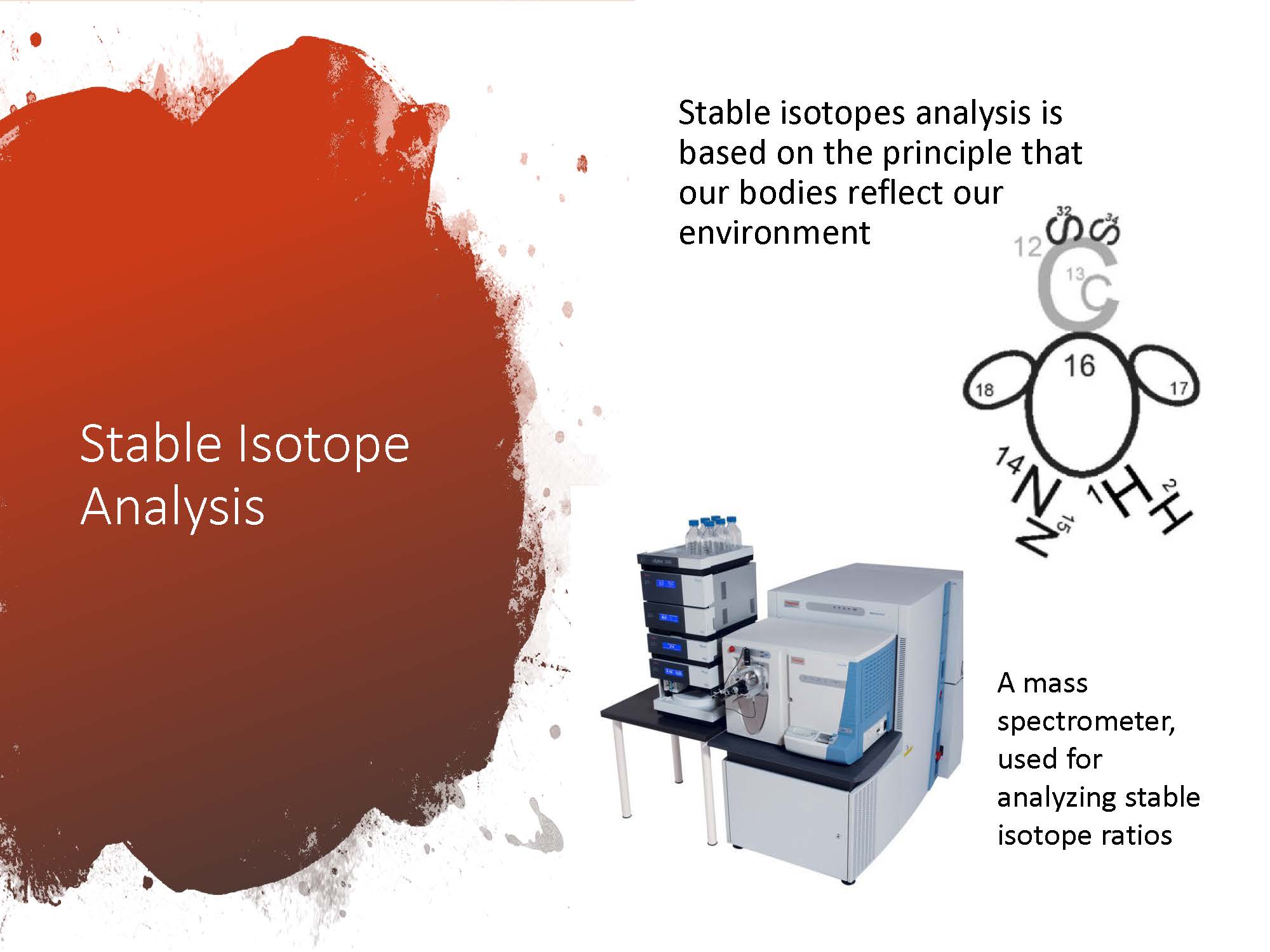
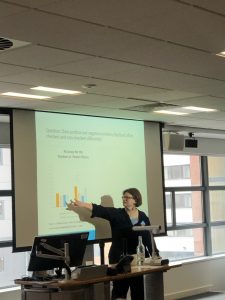
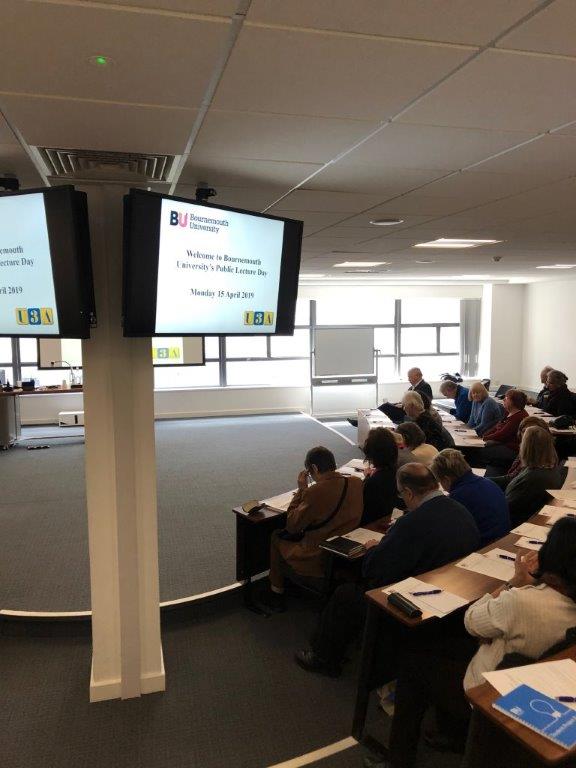 Bournemouth University’s Public Lecture series aims to offer BU academics the opportunity to share some of the fantastic research they’ve been working on with members of the public. Allowing a diverse and enthusiastic audience to ask lots of questions and engage in interesting discussion about the research taking place here at Bournemouth University.
Bournemouth University’s Public Lecture series aims to offer BU academics the opportunity to share some of the fantastic research they’ve been working on with members of the public. Allowing a diverse and enthusiastic audience to ask lots of questions and engage in interesting discussion about the research taking place here at Bournemouth University.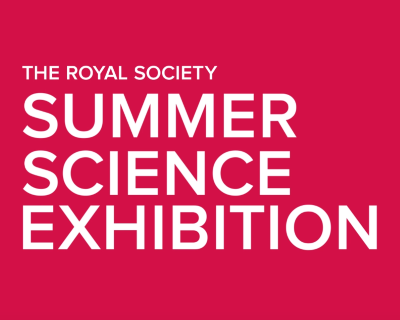
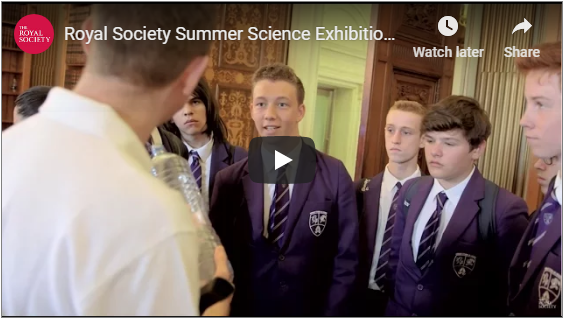

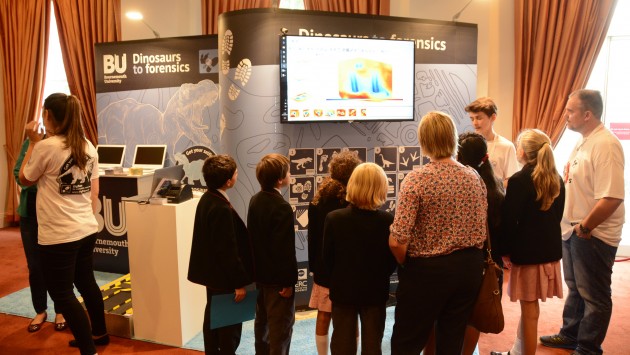
 EPSRC as part of UK Research and Innovation is using Green Park to recruit two additional posts, looking for individuals who are either active researchers in a fundamental area of EPSRC‘s remit or who are a user of EPSRC research from an industrial or government perspective. If you have relevant expertise and experience Green Park would like to hear from you. To view the candidate brief and how to apply please visit the
EPSRC as part of UK Research and Innovation is using Green Park to recruit two additional posts, looking for individuals who are either active researchers in a fundamental area of EPSRC‘s remit or who are a user of EPSRC research from an industrial or government perspective. If you have relevant expertise and experience Green Park would like to hear from you. To view the candidate brief and how to apply please visit the 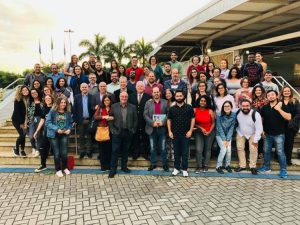
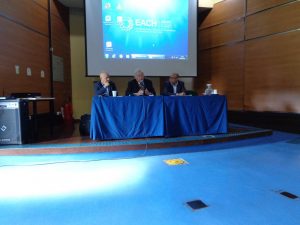
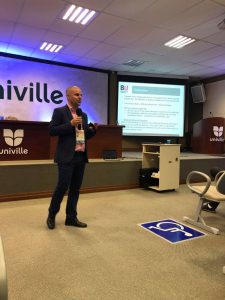
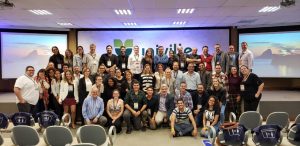
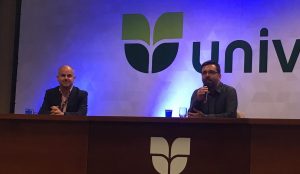
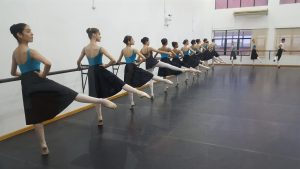


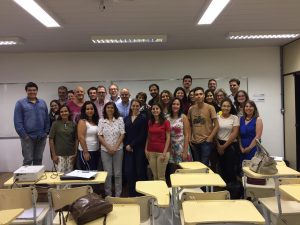












 From Sustainable Research to Sustainable Research Lives: Reflections from the SPROUT Network Event
From Sustainable Research to Sustainable Research Lives: Reflections from the SPROUT Network Event REF Code of Practice consultation is open!
REF Code of Practice consultation is open! BU Leads AI-Driven Work Package in EU Horizon SUSHEAS Project
BU Leads AI-Driven Work Package in EU Horizon SUSHEAS Project ECR Funding Open Call: Research Culture & Community Grant – Apply now
ECR Funding Open Call: Research Culture & Community Grant – Apply now ECR Funding Open Call: Research Culture & Community Grant – Application Deadline Friday 12 December
ECR Funding Open Call: Research Culture & Community Grant – Application Deadline Friday 12 December MSCA Postdoctoral Fellowships 2025 Call
MSCA Postdoctoral Fellowships 2025 Call ERC Advanced Grant 2025 Webinar
ERC Advanced Grant 2025 Webinar Update on UKRO services
Update on UKRO services European research project exploring use of ‘virtual twins’ to better manage metabolic associated fatty liver disease
European research project exploring use of ‘virtual twins’ to better manage metabolic associated fatty liver disease